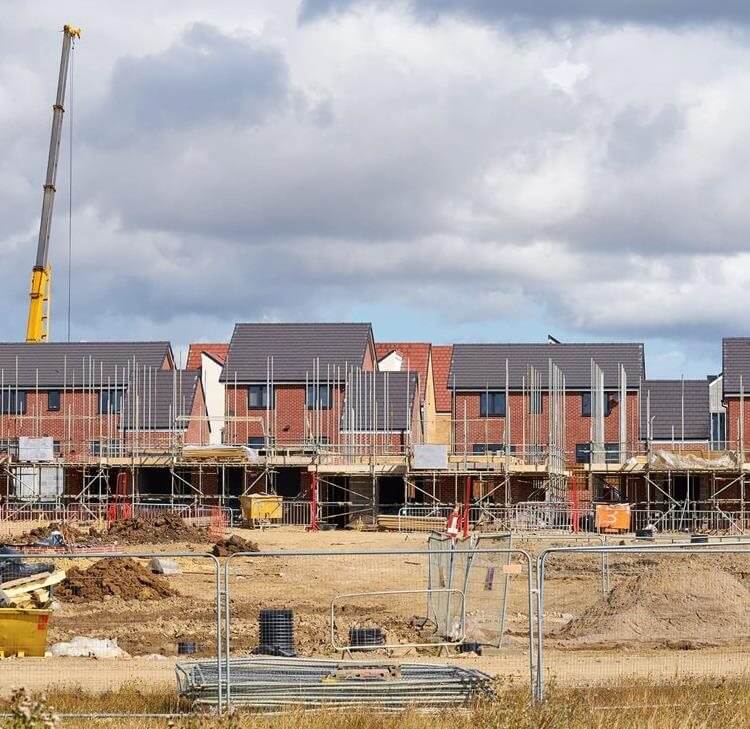Considering social value in the award of central government contracts
This article considers the current social value requirement under the Public Services (Social Value) Act 2012 and the new social value measures the government launched in September this year.
This article is taken from November's public matters newsletter. Click here to view more articles from this issue.
Social value as explained by Chris White MP is not value in a financial sense but value recognising the importance of social, environmental and economic well-being across communities and lives. This is not just social value which would be delivered as part of the primary contract activity but extends to the additional social value and benefits which could be created through the delivery and service of that contract activity. This article considers the current social value requirement under the Public Services (Social Value) Act 2012 (the ‘Act’) and the new social value measures which the government launched in September of this year.
Current Social Value Requirement (A Recap)
In England and Wales, before starting a procurement process and procuring certain services, contracting authorities are legally required to consider how those services, might improve the economic, social and environmental wellbeing in their local area. The Act requires that authorities must look at how they can act to secure this improvement whilst carrying out the procurement. Authorities must also decide whether to consult the market on these matters before the procurement process begins. Considering social value at the pre-procurement stage can impact the whole approach taken to that procurement and the design of the services required. The obligations in the Act only apply when commissioning services above the relevant procurement threshold, i.e. those contracts to which the Public Contracts Regulations 2015 apply. However, contracting authorities (to which the Act applies) may consider it appropriate to apply these principles in procurements which are not covered in that scope to ensure maximum value in public spending is achieved.
Social Value in Procurement Model
In September of this year, following consultation, the Cabinet Office launched the social value in procurement model, which intends to ensure social value is integral to the central government public procurement process. This model will apply to government procurements from 1 January 2021, with central government departments, their executive agencies and non-departmental public bodies all having to adhere to the new measures. The model requires these organisations to go further than just considering social value as is the requirement under the Act, instead social value will have to be explicitly evaluated as part of the award criteria in all central government procurement. The social value requirements evaluated must relate and be proportionate to the subject matter of the contract. Social value will account for at least a 10% minimum proposed weighting; however, it may be suitable in some instances to use a higher weighting, this will be explained further in later guidance to be issued. The model should be used to take account of the additional social benefits that can be achieved and will apply tests that all bidders, irrespective of their size or type, can meet.
The model is split into key focus areas in the form of priority policy themes and then further broken down into subsequent various outcomes. The application of this model will be mandatory to these organisations; however, organisations will have flexibility in choosing which themes and outcomes will apply to their procurement, based on whether these are relevant and proportionate to this.
The priority policy themes include:
- COVID-19 recovery;
- Tackling economic inequality;
- Fighting climate change;
- Equal opportunity; and
- Wellbeing.
Each of these themes are then broken down into outcomes, for example in relation to the COVID-19 recovery, the organisation can look into how they can help their local community to manage and recover from the impact of COVID-19, or if tackling economic inequality, they could consider creating new job or training opportunities for individuals in the local area.
By taking this approach to social value, central government is endeavouring to level the playing field for all types of businesses. Small and medium-sized enterprises, social enterprises or voluntary and community sector organisations, are not put at a disadvantage as the model applies tests which can be met by any type or size of business. This encourages more businesses to bid for government contracts, which will lead to a wider variety of businesses delivering these. It also supports local communities through the outcomes that these themes and approaches can achieve.
What should organisations do now to prepare?
Organisations, in readiness for explicitly putting forward proposals for social value in future procurements, must familiarise themselves with this new model and the themes and outcomes within this.
All those responsible or involved in commercial activity must take part and complete all e-learning on social value which is accessible on the Government Commercial College website, or training workshops which can be booked.
Organisations should keep an eye out for further guidance to be issued, which will explain further, and in more detail, this obligation to evaluate social value in the award of central government contracts.









































